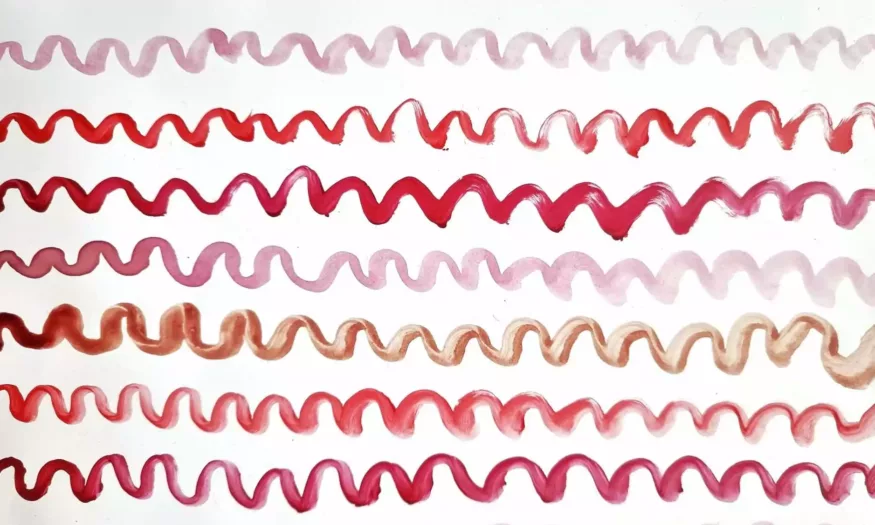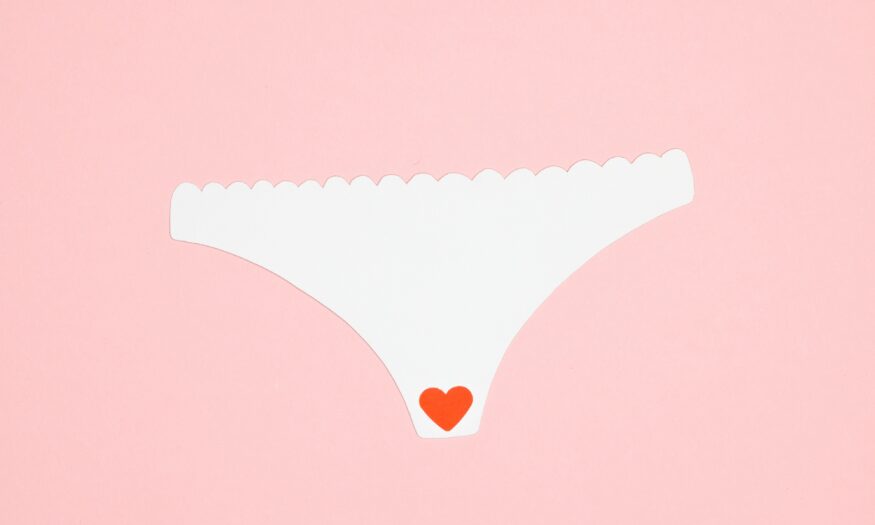What Fresh Hell Is This? Perimenopause, Menopause, Other Indignities, and You

-
Topics Include:
Menopause
Menstruation (Periods)
There’s a lot of narrowly prescriptive advice in Menopauslandia. If someone found what worked for them, they will often believe and say that will solve all the things for you. If someone had something that did not work for them or that they just couldn’t do, they will frequently make that the big, bad thing no one should do and maybe even scare you out of using it despite its working very well for you and your having every assurance it’s safe for you. And if someone wants to sell you something, well, god help you.
Our lives, our bodies, and the whole of our experiences are simply far, far too diverse for everything or anything to work for all of us (or not work for all of us) or to feel the same way for all of us. If anywhere in all this I—or anyone else, for that matter—say something that simply doesn’t square with your experience of your own body and how things have (or haven’t) worked or felt for you, I want you to trust yourself, your body, and your own expert knowledge of both.
I worked with nutritional therapy consultant and community organizer kiran nigam of Fortify Community Health in Oakland, California, for help with the nutritional portions of the book. She adds, “Our bodies are complex, with lots of things going on inside them. And they are wise. Most people are socialized in such a way that their ability to listen to that wisdom has been compromised. So much of my work with my nutrition clients is in healing that connection and ability to listen. If something doesn’t feel good or right for you, don’t do it.”
About halfway through my soul-sucking research for this book, I came across this passage of perfection at the end of Sandra Tsing Loh’s The Madwoman in the Volvo:
Have no shame. The middle-aged women I know, clawing their way one day at a time through this passage, have no rules—they glue themselves together with absolutely anything they can get their hands on. They do estrogen cream, progesterone biocompounds, vaginal salves, coffee in the morning, big sandwiches at lunch. They drink water all day, they work out twice a week, hard, with personal trainers. They take Xanax to get over the dread of seeing their personal trainers, they take Valium to settle themselves before the first Chardonnay of happy hour. They may do with just a half a line of coke before a very small martini, while knitting and doing some crosswords. If there are cigarettes and skin dryness, there are also collagen and Botox, and the exhilaration of flaming an ex on Facebook. And finally, as another woman friend of mine counseled with perfect sincerity and cheer: “Just gain the 25 pounds. I really think I would not have survived menopause—AND the death of my mother—without having gained these 25 pounds.”
Setting aside that we’re not all women and that some of the things on that list maybe aren’t so smart to do for one’s health, ability to remain out of jail, or both, this is some of the best advice I came across in writing on menopause spanning five centuries.
I want you to do whatever it is you need to do to get yourself through this in ways that you can access, that are effective for you, and that dovetail as much as possible with who you are, what you want, and what you feel comfortable with. There is no one thing everyone can get or use that fixes all the things for everyone. No such sorcery exists. If there were one thing, it would be puppies, obviously.
In other words, I want you to do you.
The same goes for however you feel about your menopause experience. I’m not going to tell you how to feel about or view perimenopause, menopause, and life after. That’s yours to feel. If we’re entitled to anything, having reached this stage of life or otherwise found ourselves here, it should be the right to own and contextualize our own experience of this.
THERE REMAINS—AS HAS ALWAYS EXISTED in the colonized West and under patriarchy at large-social, cultural, and even medical pressure to have a “good” menopause. A lot of covert and overt sentiment out there over the last hundred years or so suggests that good, low-maintenance women have a good, low-maintenance menopause, and bad, difficult women (and certainly those with the audacity to have a uterus and not be women at all) have a bad, difficult one. Similarly, I’ve often felt an invisible finger wag for having what is apparently an unacceptably unsunny view of my experience so far or for not seeing this as the purportedly magnificent journey and wonderful experience it would be for me if I would just stop being such a negative Nancy already.
There is no right or wrong way to experience menopause; there’s only however we do.
If you’re presently having or at some point have a hard time with menopause—whether that’s about physical, mental, emotional, social, or practical impacts, or all of the above—it’s not likely because you are a bad or difficult person, don’t have the right attitude, or are otherwise doing or have done something else wrong. It’s mostly going to be about your genetics and your life and health history and circumstances to date, all of which you can do little about now and mostly couldn’t do much about before. You aren’t likely only having a bad time of it because you have a bad attitude-a deeply dismissive, patronizing, and presumptuous idea brought to you by the exact same kind of bullshit that suggests all anyone depressed needs to do is exercise.
If you’re having an easy time with it, chances are that isn’t just because of your winning attitude, what you weigh, or your exercise regimen. Of course, an easy time now can always change in the future. But so can a difficult one.
…
SOME MENOPAUSE LINGO
Menopause language is confusing, and not just to me because I’m exhausted. I’ll explain a lot more about what each of these things means and how they all work in a bit, but I want to do a quick lingo rundown before I say anything else to spare you (or me) any further confusion.
Menopause is a term with two meanings, a maddening linguistic situation. Neither of those is pausing men, but if you want to and you can, by all means, go for it.
Menopause is shorthand for the whole experience of a menopausal transition or change, whether that happens for someone by way of perimenopause, surgery, or another route and whether it happens as part of the aging process or not.
Menopause also, much more precisely, means the single moment in time when it has been 365 days since a person has had a menstrual period expressly because of the ovaries going into retirement, be that on their own or by way of surgery or medical treatments.
Perimenopause (or when we’re being pally about it, “peri”‘) means “around menopause.
In most current frameworks, it describes an often long phase of life and the reproductive system that starts as premenopause is coming to its end and exists as the great in-between before you and your reproductive system reach menopause.
Menopausal transition: The (often long) road through perimenopause, or another route to menopause, to postmenopause and all the phases that includes.
Postmenopause: The other side. The golden fleece. The Promised Land. Where we just need to make it to without killing anyone or dropping every single thing we’re juggling while we go through this. Where we land and start settling into when our body’s done with the wild ride of transition, and where we’ll remain until we shed this mortal coil.
Excerpted from What Fresh Hell is This? Perimenopause, Menopause, Other Indignities, and You by Heather Corinna. Copyright © 2021. Available from Hachette Go, an imprint of Hachette Book Group, Inc.
Related Stories & Conversations:
My Story: Recognizing My Symptoms of Perimenopause on My Own






